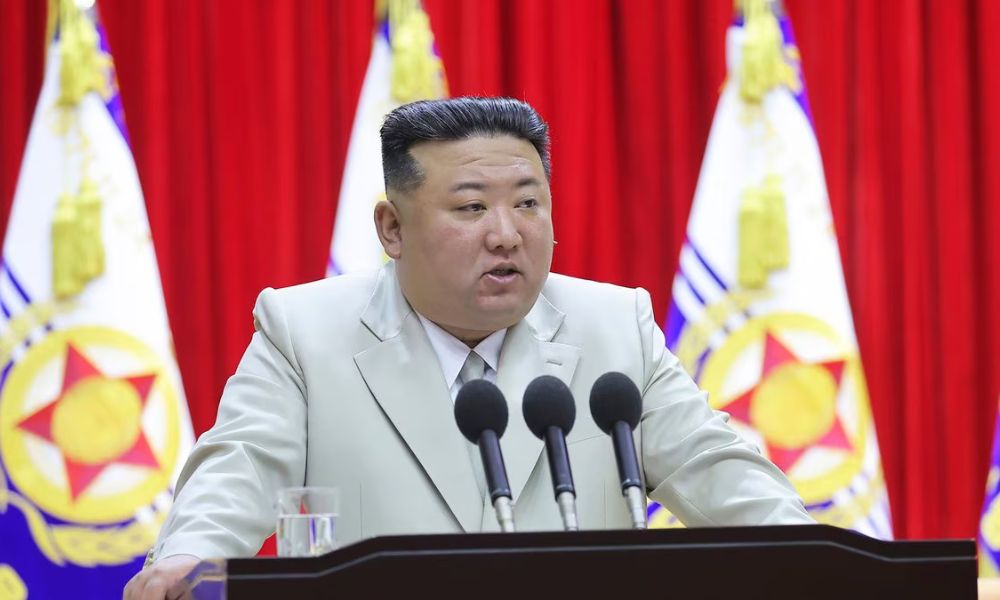
Leadership styles and governance vary significantly from one country to another and from one leader to the next.
Kim Jong Un, as the leader of North Korea, presents a unique case study in leadership due to the country's authoritarian regime and isolated status.
In this blog post, we will explore how Kim Jong Un's leadership style and governance compare to other world leaders, both past and present.
|
Are you a Tax Lawyer in USA? |
Kim Jong Un's leadership style is characterized by authoritarianism and total control.
He holds absolute power in North Korea, with a centralized system that brooks no dissent.
His word is law, and he has cultivated a personality cult around himself that portrays him as an infallible and all-powerful leader.
Some world leaders, past and present, have exhibited authoritarian tendencies, though the degree of control and the methods employed can vary widely.
For example, leaders like Adolf Hitler and Joseph Stalin ruled with an iron fist, using brutal repression and propaganda to maintain power.
Contemporary leaders such as Vladimir Putin in Russia have also been criticized for suppressing political opposition and curtailing civil liberties.
Kim Jong Un's ascent to power was facilitated by dynastic succession.
He is the third generation of the Kim family to lead North Korea, following his grandfather Kim Il Sung and his father Kim Jong Il.
This dynastic rule is a unique feature of North Korean governance.
Few modern nations practice dynastic succession in the same way as North Korea.
However, there have been instances of political dynasties in other countries, where family members hold significant political power.
For instance, in the United States, the Bush and Kennedy families have had multiple members in prominent political roles.
North Korea's isolation and secrecy are hallmarks of Kim Jong Un's governance.
The country is largely cut off from the outside world, and information is tightly controlled.
This isolationist approach extends to the economy, with limited engagement with the global market.
While few leaders have embraced isolation to the extent of North Korea, some countries have pursued policies of relative isolation.
For instance, during the Cold War, the Soviet Union under leaders like Leonid Brezhnev had limited interactions with the West.
Additionally, some nations with closed political systems, such as Iran, exercise tight control over information and restrict international engagement.
Kim Jong Un's leadership has been marked by the pursuit of nuclear weapons and ballistic missile capabilities, leading to tensions with the international community.
At the same time, he has engaged in diplomatic outreach, including summits with South Korea and the United States.
Other world leaders have faced international scrutiny for their nuclear ambitions.
For instance, Iran's nuclear program has been a source of concern for the international community, leading to negotiations and agreements like the Iran Nuclear Deal.
Diplomatic engagement to address such concerns is not unique to North Korea.
Kim Jong Un's leadership style and governance are unique in many ways due to North Korea's isolated and authoritarian regime.
While there are some parallels with past and present world leaders in terms of authoritarianism and dynastic rule, the degree of control, isolation, and nuclear ambitions make his leadership stand out.
Understanding these differences is crucial for analyzing North Korea's role in global politics and its impact on international relations.